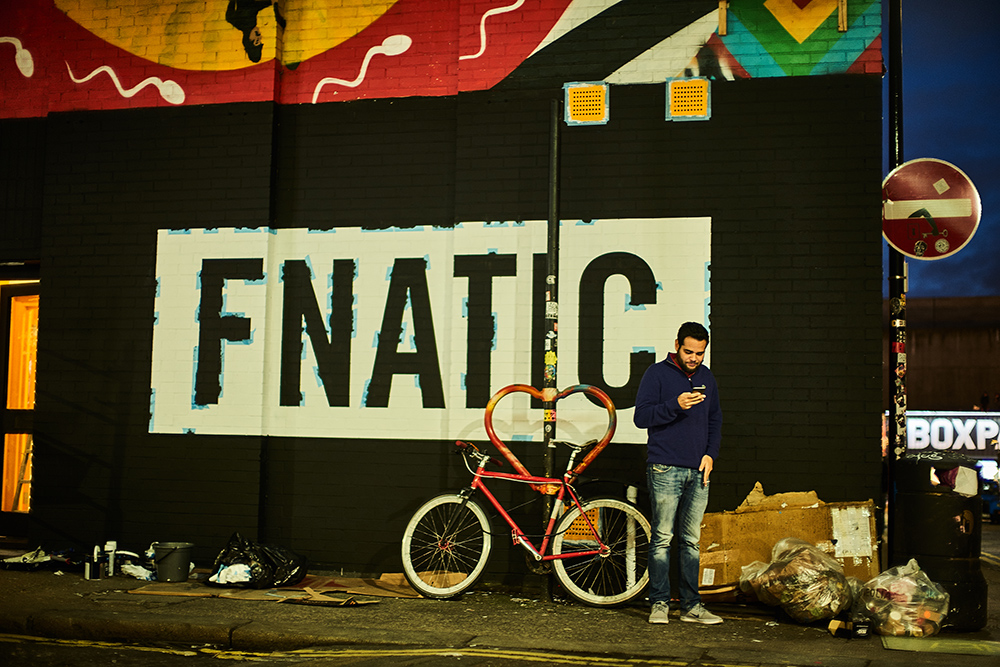The hyperbole of the bicycle
The persistent theft of bicycles, despite the evolution of cities, raises a fundamental question about the very nature of urban shift.
Perhaps this mutation is not simply a linear progression, but rather a delicate balance between innovation and the enduring presence of age-old challenges. It is a complex dance between the new and the old, between technological advancements and timeless human realities.
From this perspective, bicycle theft becomes a powerful metaphor for the complexities inherent in urban transformation. It reminds us that despite our efforts to create more advanced urban environments, some problems persist, rooted in human nature and social dynamics. This highlights that urban mutation is an organic and sometimes chaotic process, where challenges from the past coexist with the aspirations of the future.
Thus, the persistent theft of bicycles is not a contradiction to urban mutation, but rather an integral element of its fabric. It invites us to contemplate deeply on the complex and inevitably human nature of city evolution, and to recognize that each chapter of this urban history contains both triumphs and challenges.



Jean Schmaltz – 18 years old, Sales Clerk –
January 28, 1904
Yesterday, around 2:30 in the afternoon, while I was conducting a transaction at 188 Championnet Street, I left my bicycle in the corridor. When I returned five minutes later, I realized it had been stolen. It bears the brand « Hallot ». It is worth one hundred and seventy francs. I have no suspicions, and I have filed a complaint.

Benoit Le Corre – LeMonde.fr – October 29, 2023
The Ministry of the Interior annually records over 354,000 stolen bicycles in France, according to its annual survey on « Quality of Life and Security. » This figure is underestimated as not every theft results in a formal complaint. Detailed surveys conducted by the Ministry of Transport in 2008 and 2019 estimated that 2% of households were victims of bike theft in the preceding year, equating to approximately 570,000 cases annually.
Only 61% of victims choose to purchase a new bicycle to replace the one that was stolen, making bike theft a significant deterrent to its practice in France.


